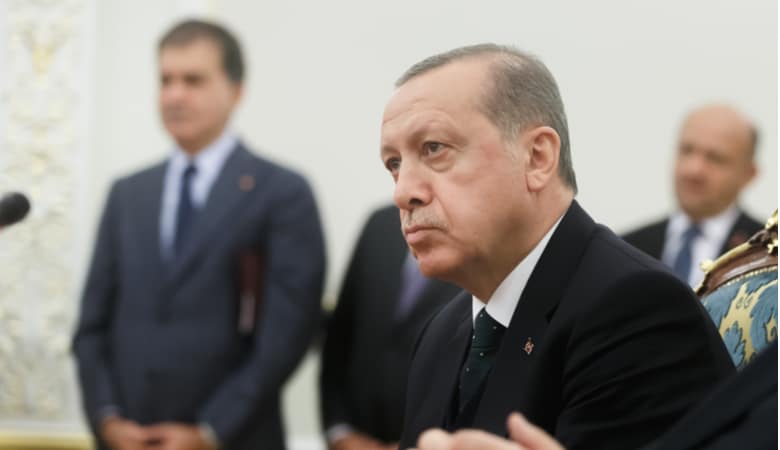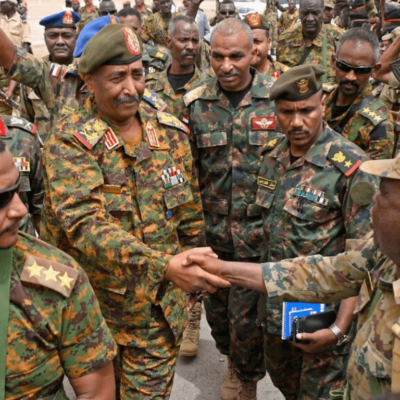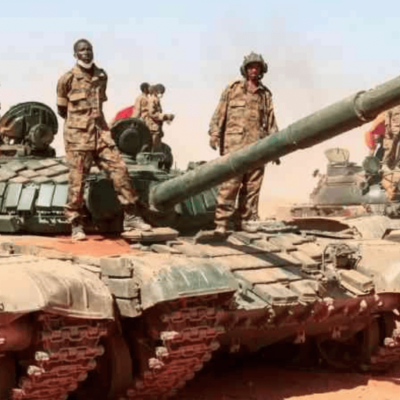As cyber attack hits Iran, gas stations became non-operative

The use of children as soldiers has increased in the Corona Virus times. Statistics reveal that more than 20 countries worldwide have made use of children as soldiers; all of whom are less than 18 years of age.
The trend has been prevalent in the Middle East and East African conflict regions since the 1980s and continues, despite intervention of humanitarian, child rights protection and human rights protection organizations.
Off late, Turkey has been indulging in this crime against humanity, where it has been recruiting child soldiers from Syria. In the guise of employment, Syrian children have been picked to join forces that are working to feed the ongoing civil war in Libya.
According to the Syrian Observatory For Human Rights (SOHR), more than 12000 Syrian mercenaries have volunteered to join the cause of senseless war in Libya for Turkey. They have been lured with money and a sense of purpose and employment. Many of these comprise children under the age of 18 years. These children belong to the war torn Syrian regions of Idlib and north Aleppo countryside to Afrin. Many of them are brainwashed in not disclosing their whereabouts and employment status to their families. In most cases, Turkish-backed factions are to be blamed for using these children to engage in fighting in the side of the “Government of National Accord” against Hafter’s forces in Libyan territory. Most of them have been lured due to harsh living conditions, which have been created by Turkey, Russia, UAE and Saudi Arabia due to ongoing civil war .
According to reports shared by the UNICEF in its open forum to protect the rights of children and young adolescents, children have been subjected to atrocities in the hope of a better future. Some have been abducted and tortured to join militia forces to fight civil wars. Others willfully join the militias across the world in the hope of escaping poverty or getting access of loot and riches. Children live and work in very harsh conditions that have reportedly had long term psychological effect of survivors.
Girls are also recruited and used by armed forces and groups. They have vulnerabilities unique to their gender and place in society and suffer specific consequences including, but not limited to, rape and sexual violence, pregnancy and pregnancy-related complications, stigma and rejection by families and communities. This kind of recruitment is more common in India. Many times, children are recruited at a young age and continue to function in these harsh setups for years together, serving the purpose of peruy subsidized fuel at the pump.
This incident was seen in the similar light as the one earlier which occurred months ago. It looked like a direct challenge to Iran’s Supreme Leader Ayatollah Ali Khamenei as the country’s economy buckles under American sanctions. These issues of the economy became worse as the U.S. and Iran have yet to jointly re-enter Tehran’s tattered nuclear deal with world powers.
State television quoted an unnamed official in the country’s National Security Council acknowledging the cyberattack, hours after it aired images of long lines of cars waiting to fill up in Tehran. One of the such motorist mentioned that he has been waiting a couple of hours for the gas stations to reopen so that I can fill up but there there is no fuel wherever he goes.
Most Iranians rely on those subsidies to fuel their vehicles, particularly amid the country’s economic problems. Two years back in 2019, Iran faced days of mass protests across some 100 cities and towns over gasoline prices rising.
To control the situation security forces arrested thousands and Amnesty International said it believes 304 people were killed in a government crackdown. Surprisingly, this recent cyberattack came in the same month in the Persian calendar as the gasoline protests in 2019. It should be noted that the country has actively disconnected much of its government infrastructure from the internet after the occurrence of the Stuxnet computer virus.




